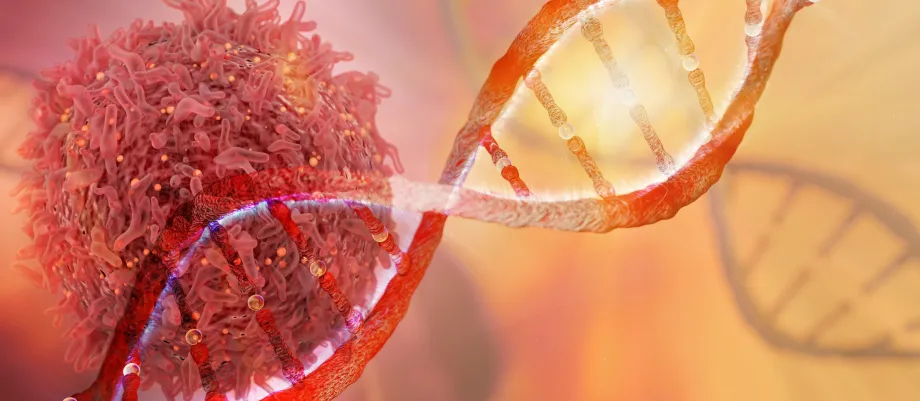A remarkable study headed by Stanford researchers and highlighted by Krista Conger identified over 400 inherited DNA variations that play an important role in cancer risk. Unlike mutations that directly change protein structures, these variations are found in the genome's regulatory regions and influence when and how genes are expressed. The researchers evaluated genetic data from millions of people with 13 prevalent cancer types, discovering around 1,100 genes that are likely implicated in cancer formation. Many of these genes are linked to essential biological mechanisms such as DNA repair, cell migration, and inflammation, providing fresh insights into how hereditary factors contribute to cancers of all sorts.

This breakthrough has the potential to fundamentally change how we approach cancer risk assessment and prevention. By identifying the genetic variations that govern gene activity, scientists may create more individualized screening tools and potential therapies based on an individual's genetic composition. The discovery also opens up new options for therapeutic research, particularly addressing the inflammatory mechanisms that contribute to cancer formation. As this knowledge becomes more widely used in clinical practice, it has the potential to improve early detection procedures and guide more accurate, preventative healthcare decisions for those with genetic cancer risk.
Hey Sophia,
ReplyDeletethis was truly a groundbreaking step towards understanding the complex role of inherited genetics in cancer risks! I found it very interesting that it focused on regulatory DNA regions rather than protein coding mutations. This new article offered more research to really view how cancer develops and why it affects individuals differently! It really exciting to think about how these findings will advance to more personalized screenings to create more preventative strategies!